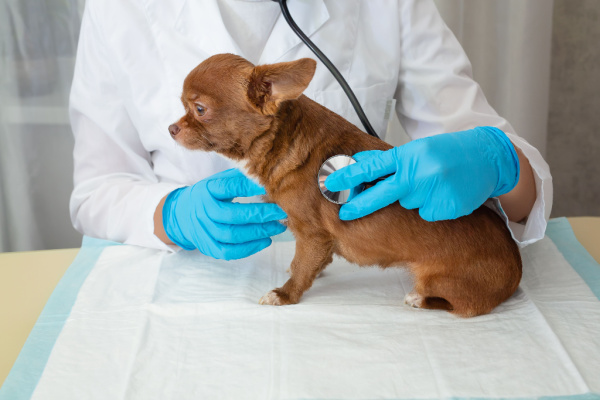Calviri, a Phoenix-based biotechnology research company, is investigating an experimental vaccine that could protect dogs from major cancers. According to the company’s website, they “are determined to offer humanity a better life, free from cancer. While our goal is hugely ambitious, we are intensely driven to rid the planet of worry from cancer.”
As Today’s Veterinary Business reports, Calviri scientists looked at the tumor RNA and found 20 elements across eight major canine cancers. The experimental vaccine prearms the immune system so that an affected animal’s immune system will kill a tumor displaying any of the elements.
“The study demonstrates for the first time that it may be possible to create a broadly preventive cancer vaccine,” said Dr. Stephen Albert Johnston, Calviri’s founder and CEO.
The study, which started in May 2019, screened 800 pet dogs to ensure they were cancer-free. The dogs were then randomly assigned to a vaccine group or control group. The dogs were vaccinated and boostered every year and evaluated for tumors every six months.
The study’s primary objective is to reduce the incidence of malignant tumors by at least 30% in vaccinated dogs versus the control group, according to Calviri. The researchers had planned to continue the study until May 2024 but are considering an extension since the results appear promising.
“Everyone thought this vaccine was either impossible or at least a very long shot,” Dr. Johnston said. “Fortunately, we had colleagues that were willing to take a chance and join our mission and research to find out.”
The results strongly suggest that the vaccine is working. Not all the dogs had an immune response to the vaccine, but the cancer incidence of those that did was significantly lower compared with the control group, according to Calviri. Additionally, the vaccinated dogs demonstrated a significantly lower incidence of non-cancer-related deaths, such as heart disease and arthritis.
The researchers are working on an improved version of the vaccine to protect against as many cancers as possible. “We believe positive results from this trial could translate to creating the same type of vaccine for humans,” Dr. Johnston said.
—
Photo Credit: OLESYA BOLTENKOVA / Shutterstock.com
